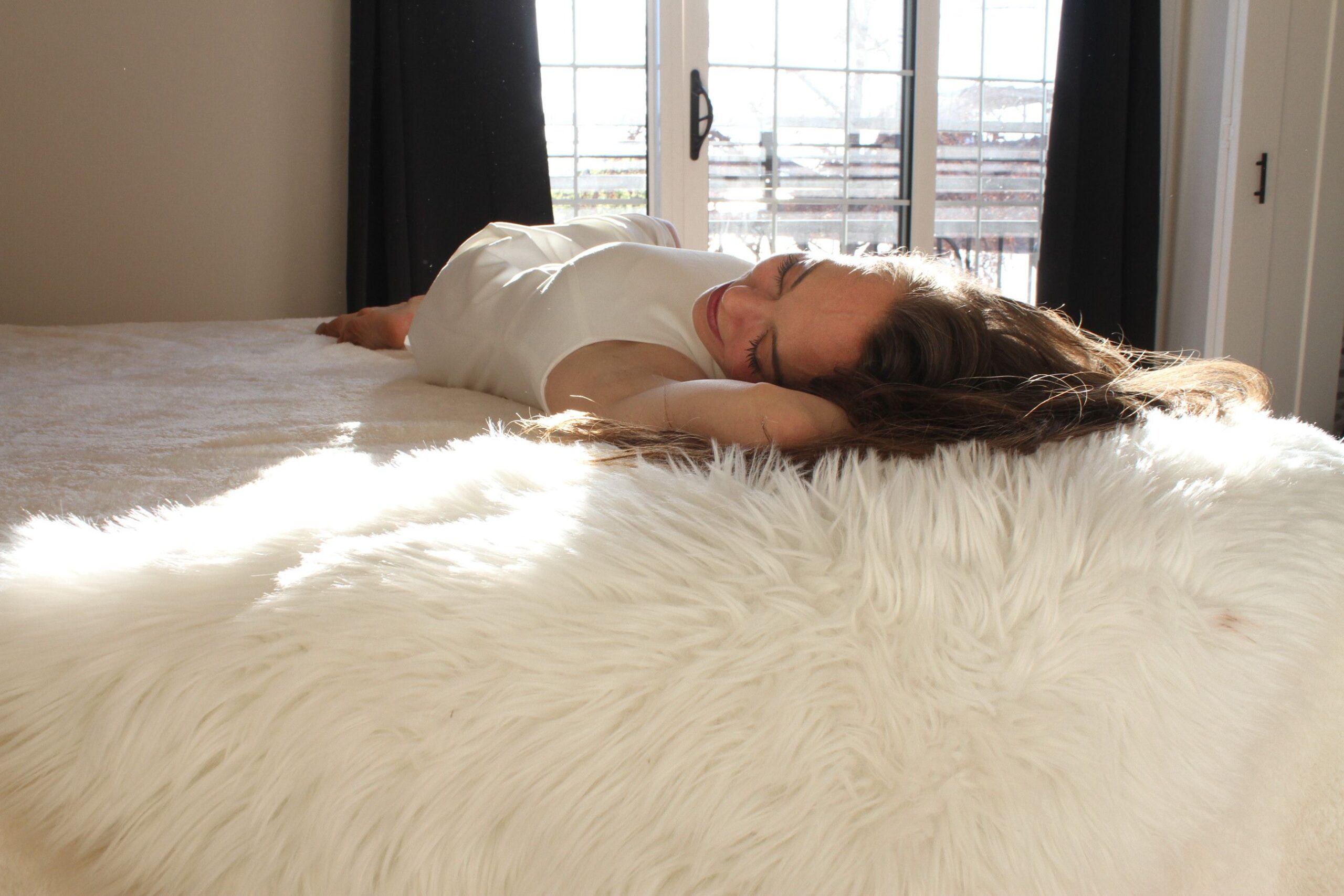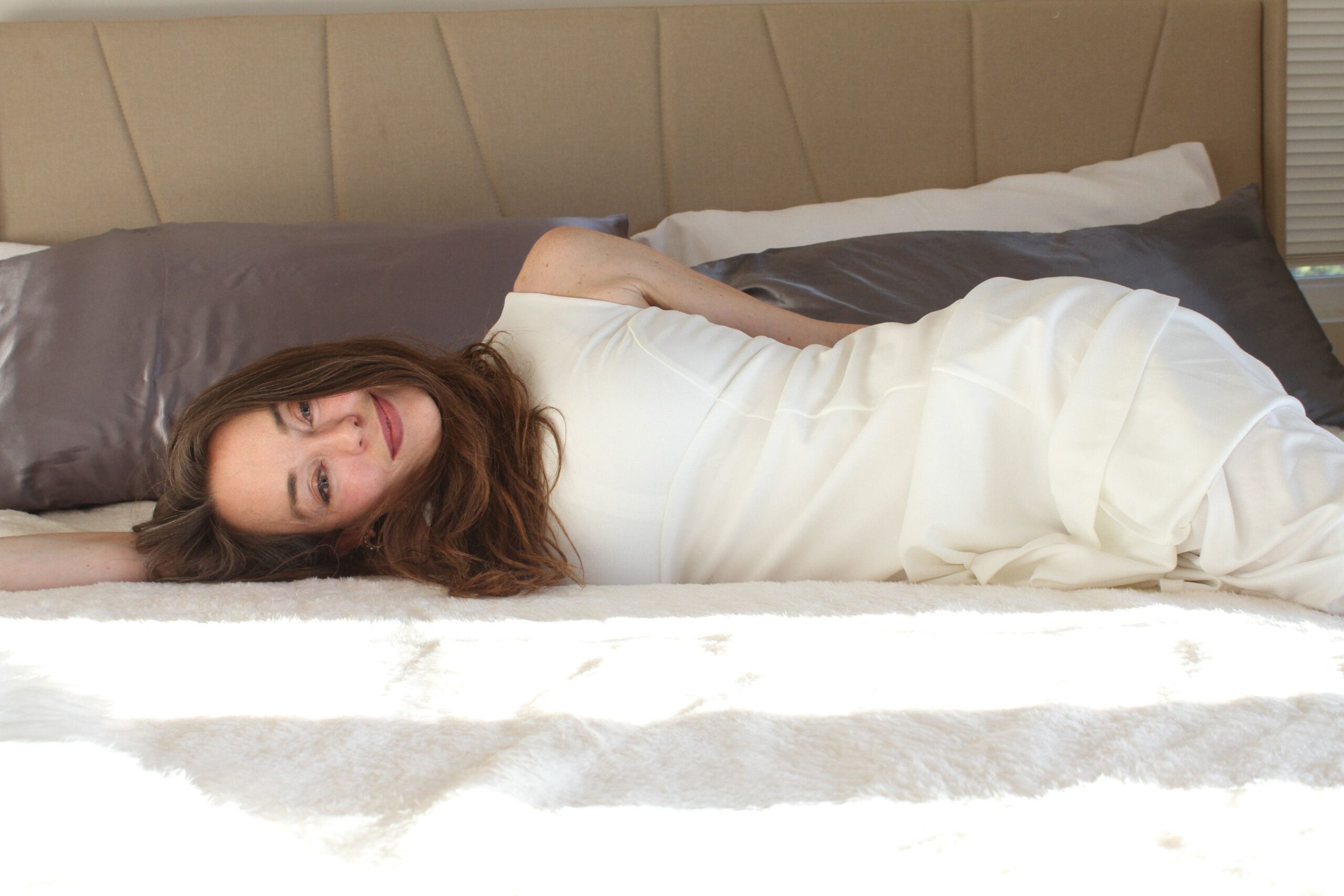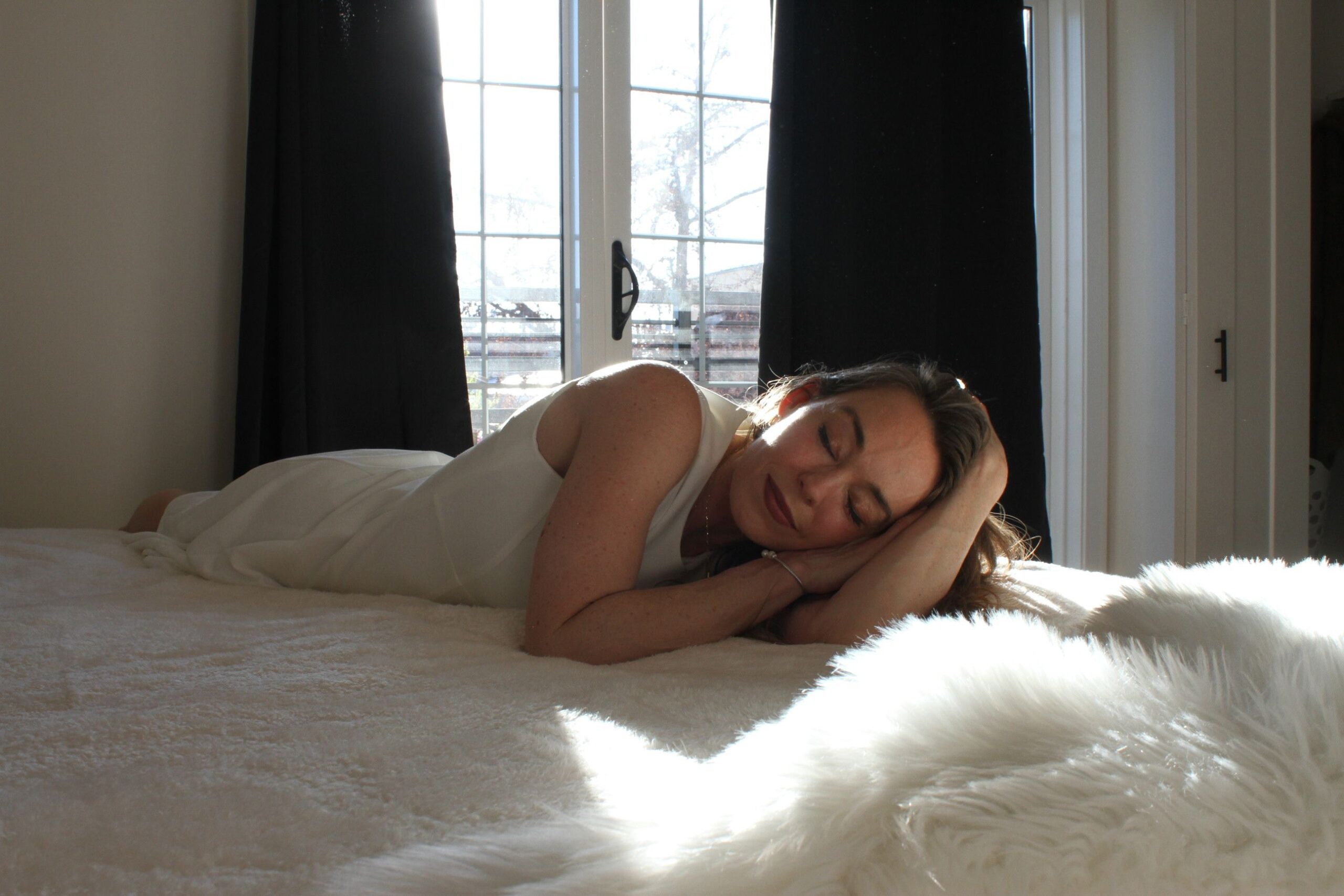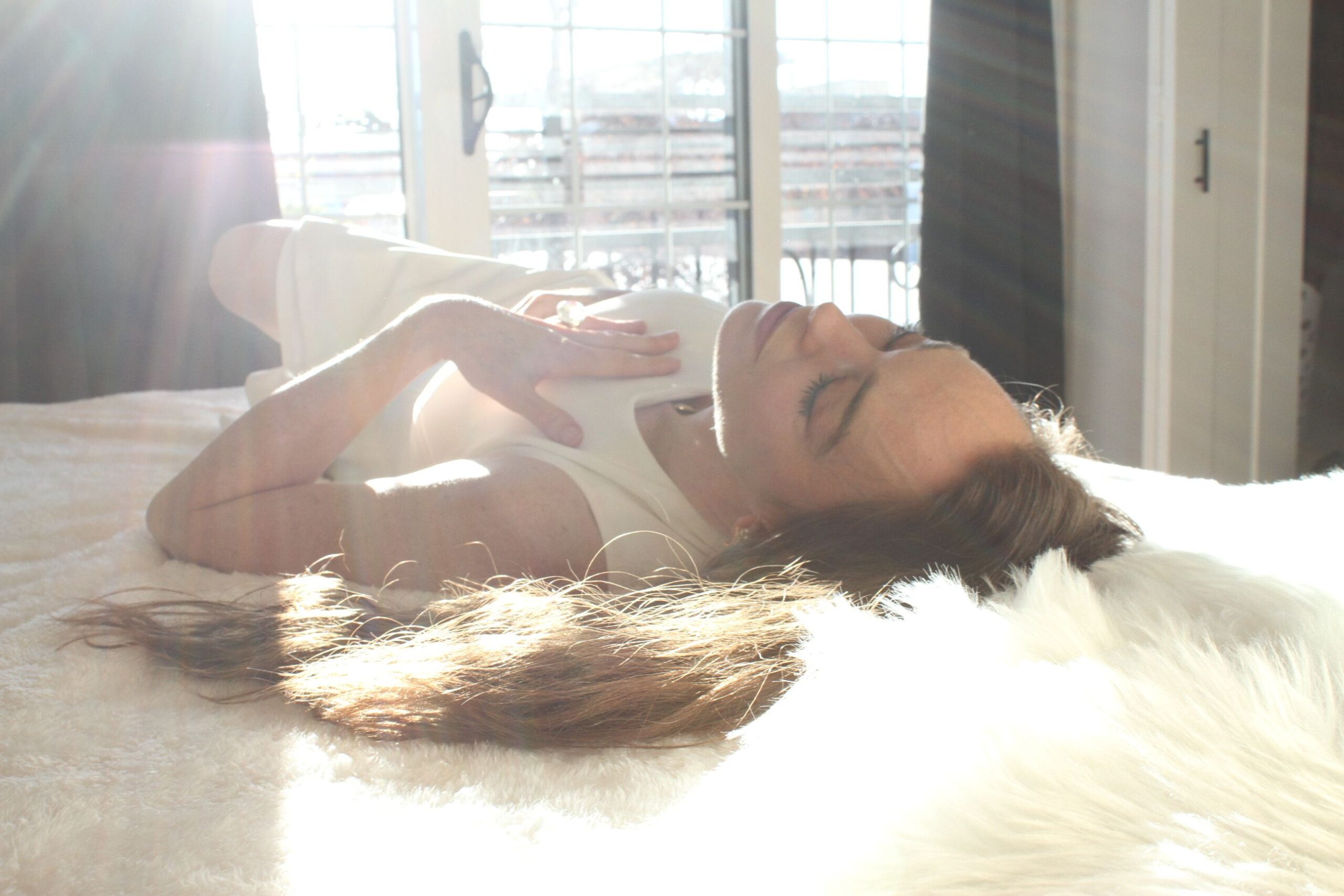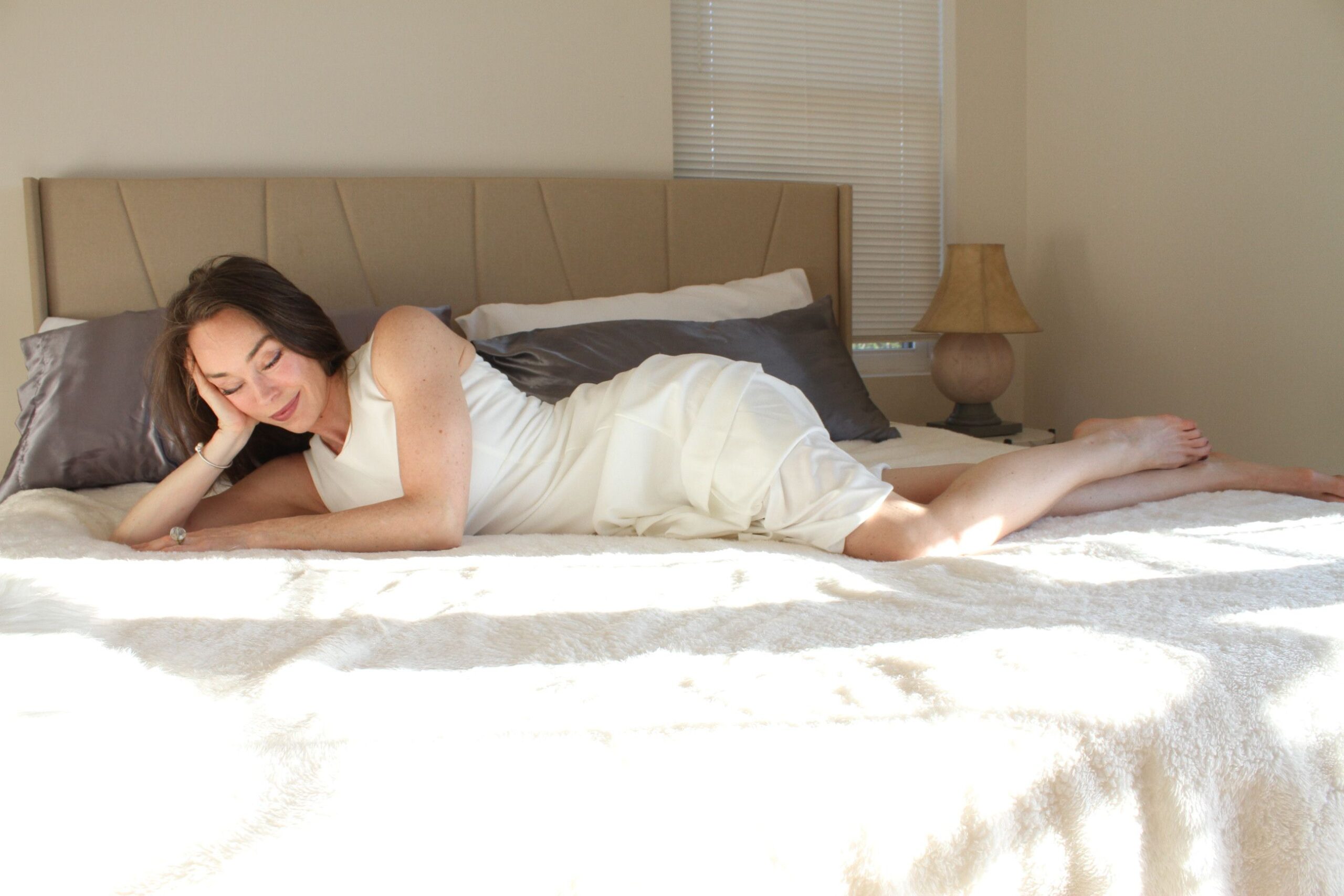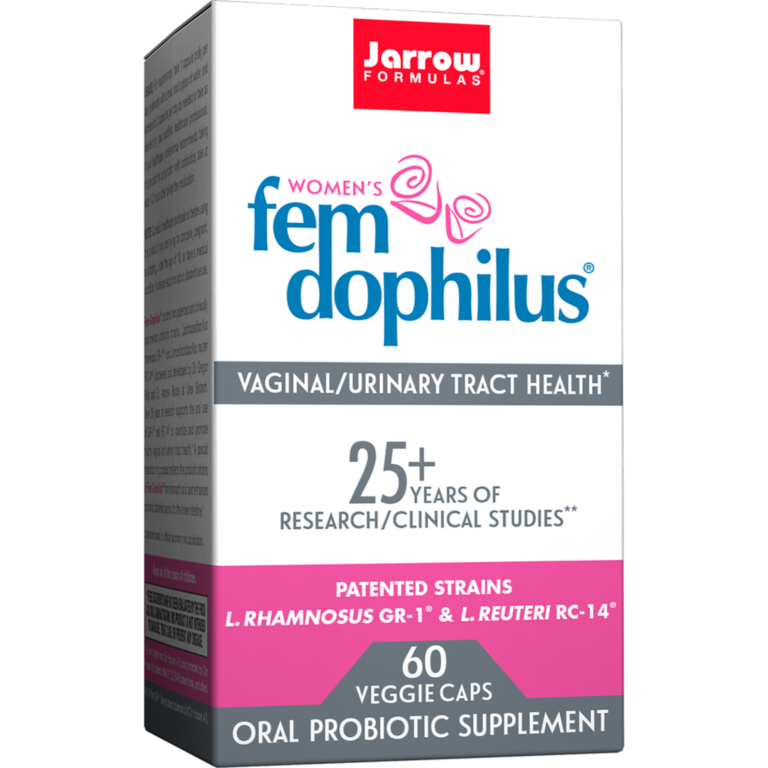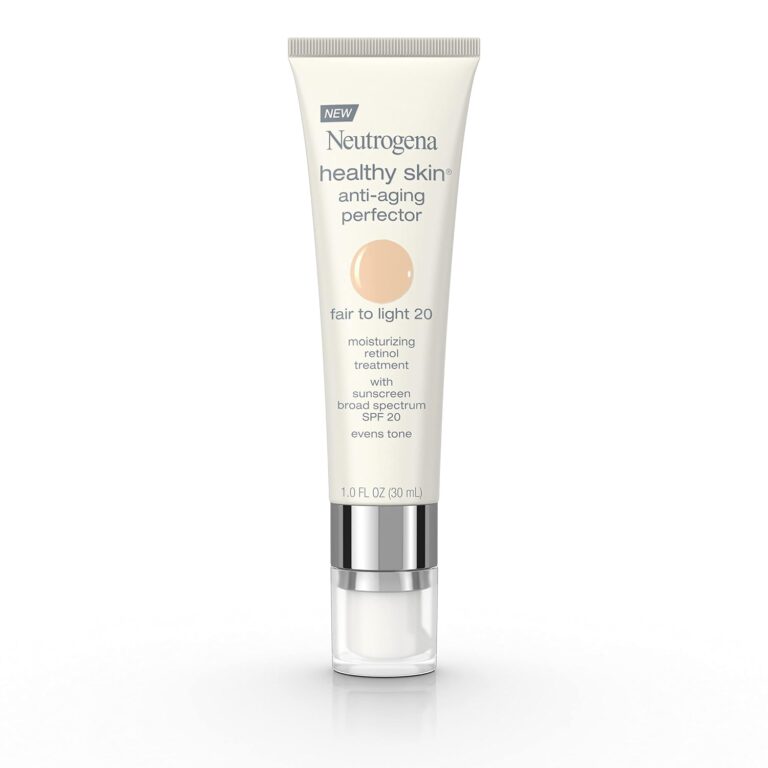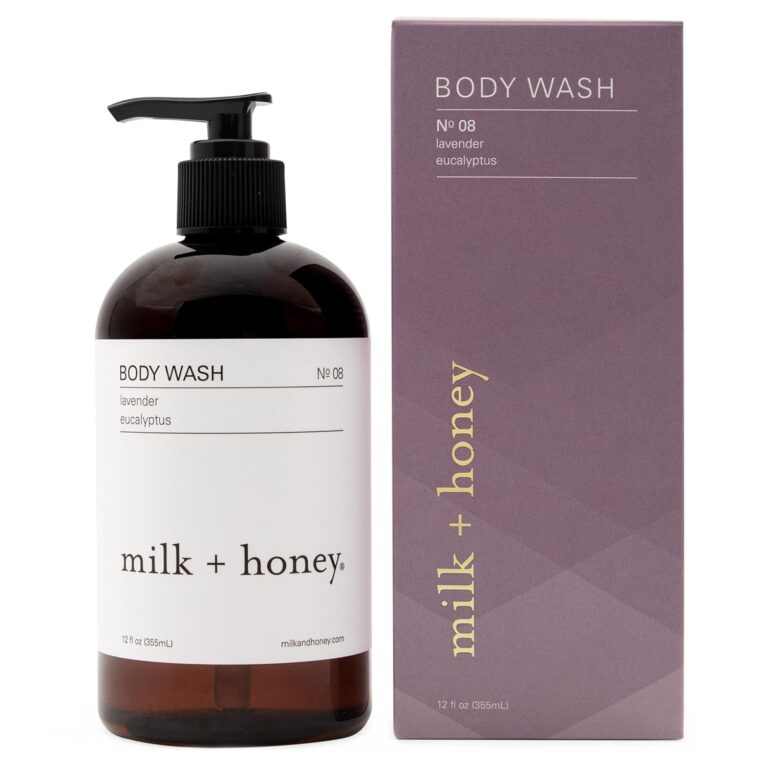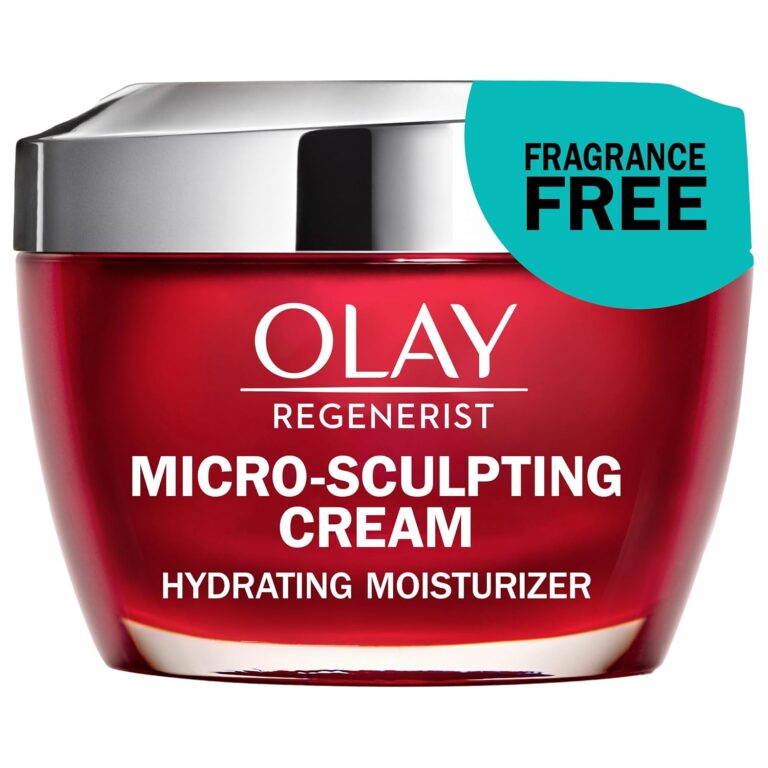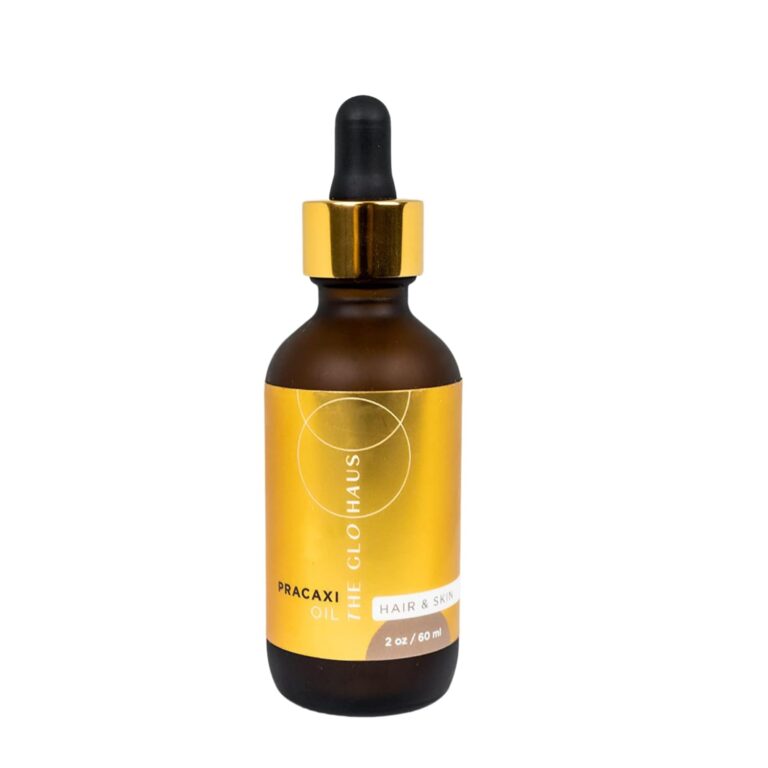Natural Sleep Management
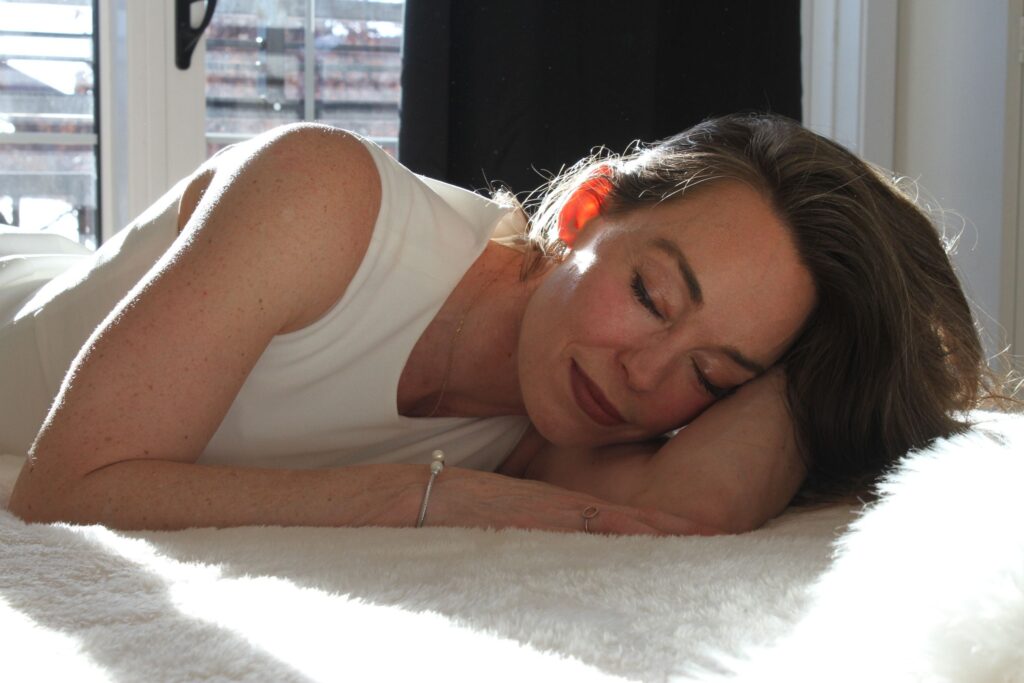
Every day, I wake up and add a blend of superfoods, vitamins and herbs. The most important part of this routine is consistency, and I have found that the way to do that is to purchase prescription vials and fill 30-60 at a time so you only have to clean up once. The mess takes the most time, so you will want to pre-mix your drinks. Doing this allows you to totally customize your formula. As a remina
This is a HUGE topic and I wish there were one simple answer for everyone. First off, my favorite safe natural nutritional treatment for sleep is phosphatidylserine. If you want an easy answer that isn’t sedative, risky, or riddled with side effects, you can stop here. Three of these at about 7pm will send healthy fats to the hippocampus to regulate stress and sleep cycle, helping you fall asleep and stay asleep better than just about anything else. If you want to learn more about sleep and why it is so hard, read on.
The reasons to get good sleep are endless, but at least 35% of women are sleep deprived. 67% of women say they have sleep problems. 43% have daytime sleepiness that interferes with activities. 80% of women say they accept sleepiness as part of life. 65% of women use caffeine. 52% of women say they cut sleep because they are busy. Simply put, the most common problem is lifestyle.
75% of your growth hormone is made during deep sleep which helps with energy, metabolism, and antiaging. When we don’t sleep enough, we don’t get muscle gain or weight loss from exercise. We experience more hypertension and rapid heart rate. Anxiety risk goes up. Depression risk goes up. Memory and reaction time are impaired. Leptin goes up, making you more hungry and less able to burn calories. Less b amyloid is cleared out if we don’t get deep sleep, which means we increase our risk of Alzheimer’s. Insulin increases, which means higher risk of diabetes, anxiety, poor memory, fatigue, and weight gain. Inflammation goes up. Postpartum depression goes up. Fertility is impaired because cycles become irregular.
One of the simplest (and hardest) issues is our daytime light exposure. Blue light suppresses release of melatonin from pineal gland, which means night time screen time blocks our sleep cycle. This is worse with menopause and as we age. In fact, melatonin is about 75% lower after age 50.
We know that sleep meds can help, but they don’t actually lower health risks. Further, many people use benzodiazepines to sleep. The number of doses you take in your life is directly related to your risk of dementia. These medications have a place, but they come at a cost. I love phosphatidylserine, and of course treating hormone and cortisol issues in men and women. Beyond that, Behavioral therapy is the best treatment we have.
It is recommended that we stop blue light exposure 3 hours before bed, or wear blue light blocking glasses. At night, turn off lights and devices and try to cover your eyes. If there is enough light that you can see your fingers at arm’s length, it suppresses melatonin. In a natural environment, we get exposed to about 30 thousand lux during the day (or the equivalent of light that about 30 thousand candles would produce). In the city, we get about 10 lux at night, 1200 lux during the day, and then about 50 lux in the evening. There are studies that indicate that just camping outside for 2 weeks can normalize abnormal cortisol and melatonin levels. Of course, that is not practical for everyone. At the very least, we can try for bright light in the morning and darkness at night. Consider black out shades as well. I love this device

during a morning alarm snooze to boost morning bright light. The dome shape makes it easy to start it and go back to sleep. It also has different settings, so if you are trying to reduce acne, prevent seasonal depression, brighten skin, reduce red spots, or have any other use for light therapy on your body, it serves many roles. Once you have gotten light exposure, try to get even a few minutes of exercise in the morning. This encourages a boost of cortisol in the morning, which will encourage the spike of melatonin at night. Consequently, you will feel energized in the morning and tired at night, as nature intended.
If you really struggle with sleep, also consider some other basic lifestyle things that can make a big difference. Women who don’t eat breakfast have a later body clock, and might benefit from eating food immediately upon waking. I don’t have a great appetite, so I like to add a vegan protein powder to my coffee. After that, most people, especially women, do better with a routine including consistent meal times and activity times. For people with a busy brain, doing a night time journal / to do list about 2 hours before bed can help reduce overthinking. For some people, journaling right before bed interferes with sleep. I prefer to do it in the morning, because my busy brain happens upon waking, not at bedtime.
Lastly, one extremely helpful thing you can do before bed if you have trouble staying asleep is to simply eat about 2 tbsp of your favorite fat. I encourage fat because it takes about 8 hours for your body to metabolize it at night. Unlike sugar or carbs, fat burns slowly and doesn’t spike insulin. So, contrary to popular belief, this won’t make you gain weight. It will prevent surges of cortisol that happen when your blood sugar drops too low at night. This is an issue for meal skippers, people who are very active, people who are stressed, people who are dieting, and people who have a risk for diabetes. The biggest challenge is that by the time the cortisol has spiked in your bloodstream to release emergency stores of sugar, you are no longer hungry, just awake and anxious. What’s worse is now your body has this unneeded surge of sugar, which will just be stored again because you are not active.


And finally, if you are certain that your sleep issues are related to hormone changes and you can’t get them under control, consider talking to an expert. There are some simple over the counter formulas for women and men that are safe, but I always encourage assistance when you work on your endocrine system
If you click and/or make a purchase through certain links on this site, I may make a small commission from it. All images are property of naturalishdoctor.com unless otherwise noted. All opinions are my own 🙂

